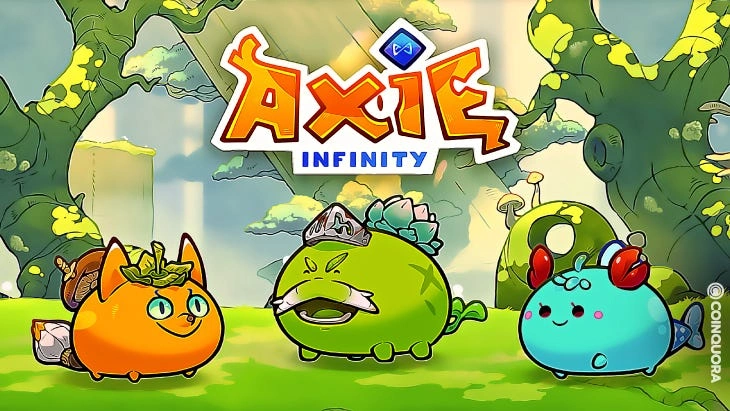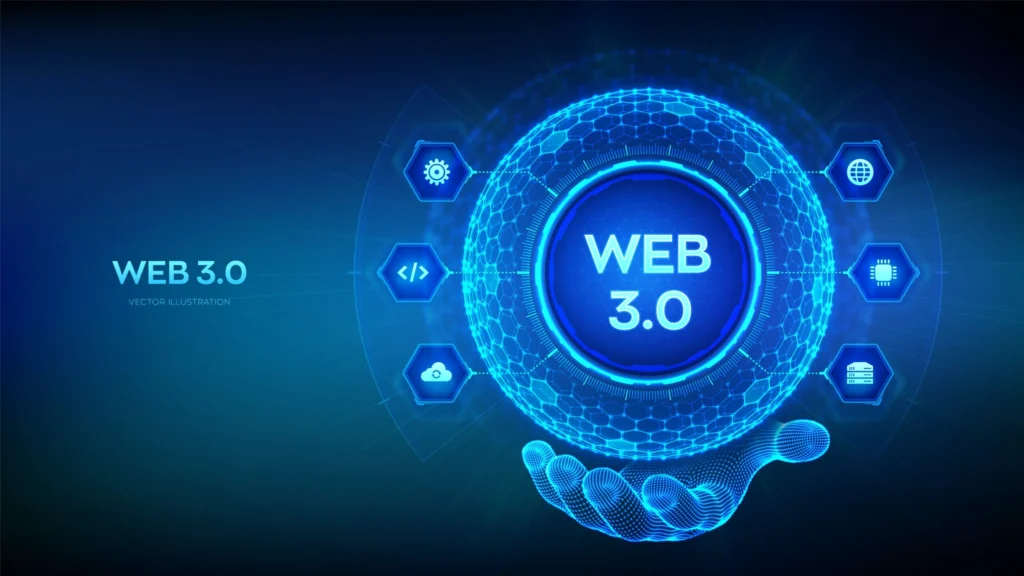Web3 Explained: What’s Changing from Web2 to Web3 in Vietnam?
Over the past few years, the term Web3 explained has been popping up all over Vietnam’s tech scene — in conferences, in coffee shop debates, and across social media threads. But what’s really changing as we move from Web2 to Web3? And more importantly, why should anyone in Vietnam actually care? Well, let’s dig into it, because this shift might just be a bit bigger than it seems.
Web2 vs. Web3: What’s the Big Deal?
Let’s start with what we know. Web2 is the internet we’ve all been using for the past two decades — social media platforms, e-commerce sites, and cloud-based services. Companies like Facebook, Google, and TikTok (very big in Vietnam, by the way) basically own the playground.
But Web3? That’s a whole different story. The decentralized web is all about taking back control — no central authority, no gatekeepers (at least, that’s the idea). It runs on blockchain technology, which means users can actually own their data and assets, usually through things like NFTs, crypto wallets, or decentralized apps (dApps).


Sounds a bit futuristic, doesn’t it? But maybe the future’s already here.
Vietnam’s Fast Track to Web3
Vietnam isn’t just catching up — it’s sprinting ahead. Local startups, especially in fintech and gaming, are embracing Web3 at full speed. Take Axie Infinity — sure, the game’s rise and fall had its drama, but it undeniably put Vietnam on the Web3 map.
Why the rush? Some say it’s because Vietnam’s young, tech-savvy population loves experimenting. Others point to the fact that Vietnam skipped certain steps in traditional banking and is now more open to digital wallets and crypto. Perhaps it’s just a perfect storm — fast mobile adoption, hunger for innovation, and a little bit of rebellion against the big platforms that dominate Web2.

The Decentralized Web: More Freedom, More Risks
Let’s talk about the decentralized web in simple terms. In Web3, users can move assets directly between each other without needing banks or middlemen. It’s peer-to-peer, permissionless — and, honestly, it sounds a little chaotic.
But here’s the kicker — that freedom comes with new headaches. Scams, market volatility, and confusing interfaces are everywhere. In Vietnam, while adoption is rising, a lot of folks are still cautious — and rightly so. Some say the decentralized web could be the next big thing, but others warn it’s still the Wild West out there.
Is the risk worth it? That depends who you ask.


Web3 Explained for Everyday Users in Vietnam
Okay, let’s pull back a bit. If you’re not a developer or crypto investor, what does Web3 really mean for you?
Maybe you’ll own digital assets that work across multiple games or apps. Perhaps you’ll use a Vietnamese-made decentralized social platform where your data isn’t harvested. Or maybe, let’s be honest, nothing will change for you at all for the next five years.
It’s hard to say exactly how fast things will move. Some experts predict Vietnam could become a Web3 hub in Southeast Asia. Others think the Web3 explained trend might slow down if regulations tighten or public trust drops.
Honestly? Both could be true at the same time. Web3’s story in Vietnam is still being written.

New Era Ahead: The Old Web Still Stands, but Something New is Growing
So here’s the thing — Web2 isn’t going away anytime soon. People love their TikTok scrolls, Facebook groups, and Shopee discounts. But the buzz around Web3 explained is more than just tech hype in Vietnam. It’s a sign that people are questioning who controls their digital lives — and some are already jumping into this new decentralized world, risks and all.
The decentralized web offers a chance for Vietnamese creators, gamers, and even small businesses to carve out their own space without being locked into the old systems.
Will Web3 fully replace Web2 in Vietnam? Maybe not — or at least, not yet. But the shift is happening… quietly, quickly, and sometimes in surprising ways.
Stay tuned — because this story’s far from over.




